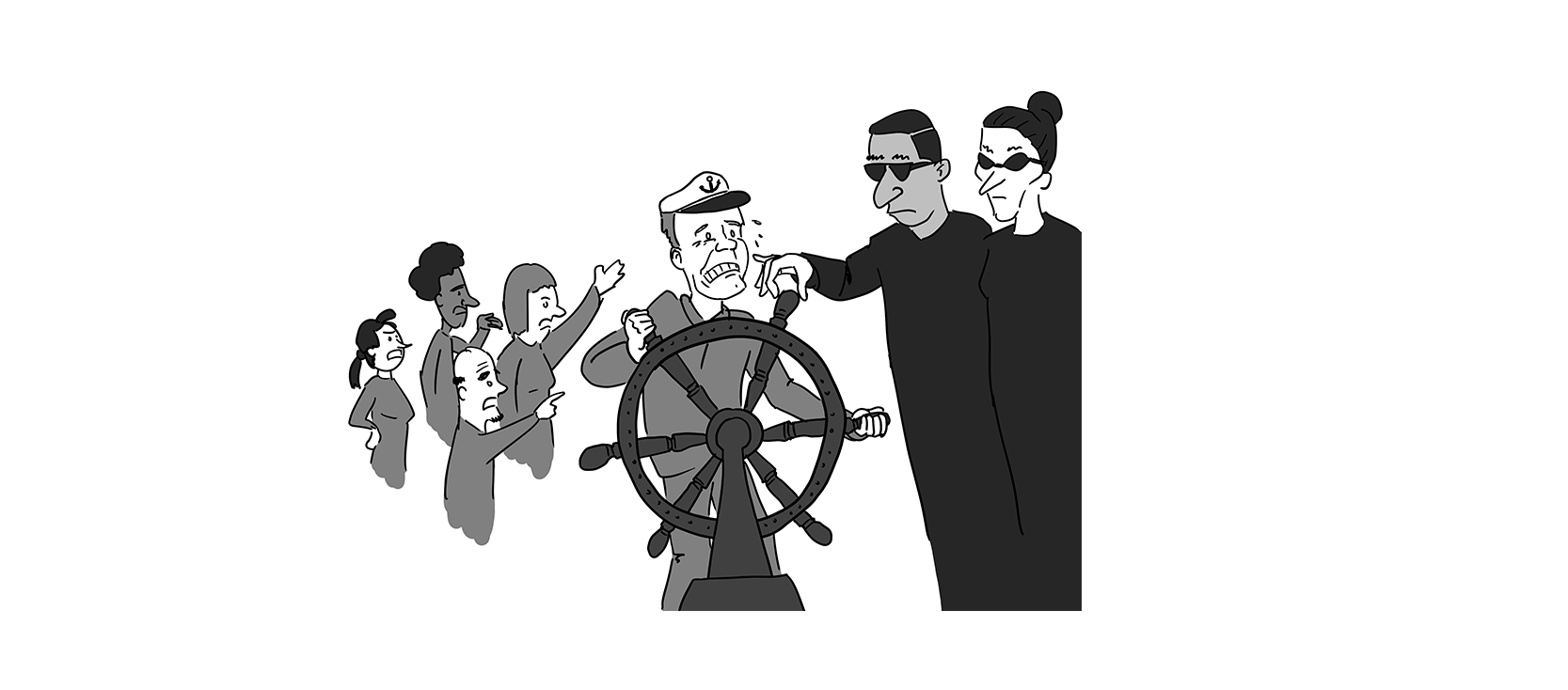A botched experiment, a rejected paper: such things are soon labelled as failures in academia. As for talking about them – not done! But that is just what WUR scientists do in this column. Because failure has its uses. This time, we hear from Milena Holmgren, an associate professor of Wildlife Ecology & Conservation.
‘For my PhD I wanted to do large-scale field research on the effect of fire in the mediterranean forests of Chile, my home country. This is the only forest in the world where fire is not a natural disturbance but is usually deliberately started by people.
When the first big tree caught fire, I burst into tears
The idea was to study the vegetation before and after a controlled fire, to see how resilient nature is.
It took me eight months to get the necessary permits and to document the vegetation. I made plans with the fire brigade for burning a wooded mountain slope. We made two attempts to start a fire but nothing would burn. At the third attempt, when it was hot and dry enough, the first big tree caught fire. And I burst into tears. Who was I to set fire to this tree, this forest?
The tree burned down quickly but the fire stopped there and didn’t spread any further. It hadn’t worked, and that was fine by me. I was even grateful for it. You might think it was a shame to have spent all those months preparing for it, but I see it differently. I never call anything a “failure”. I believe things either work or they don’t. The conditions were not right for the forest to catch fire, and that was okay. The lesson I learned from the fact that it didn’t work out how I wanted goes far deeper. I realized that my research goals were at odds with my ethical convictions. And I felt that I had no right to conduct such destructive experiments.
In the end, we found an alternative method: we compared forests with different fire histories. We could answer the same questions, and on a larger scale, even. And without burning down even a single forest ourselves.

 Illustration Stijn Schreven
Illustration Stijn Schreven 

